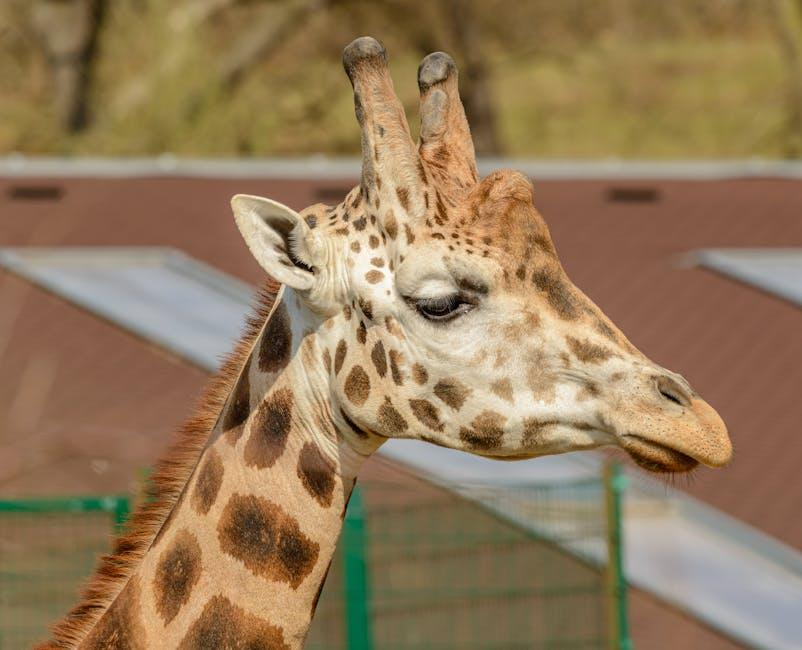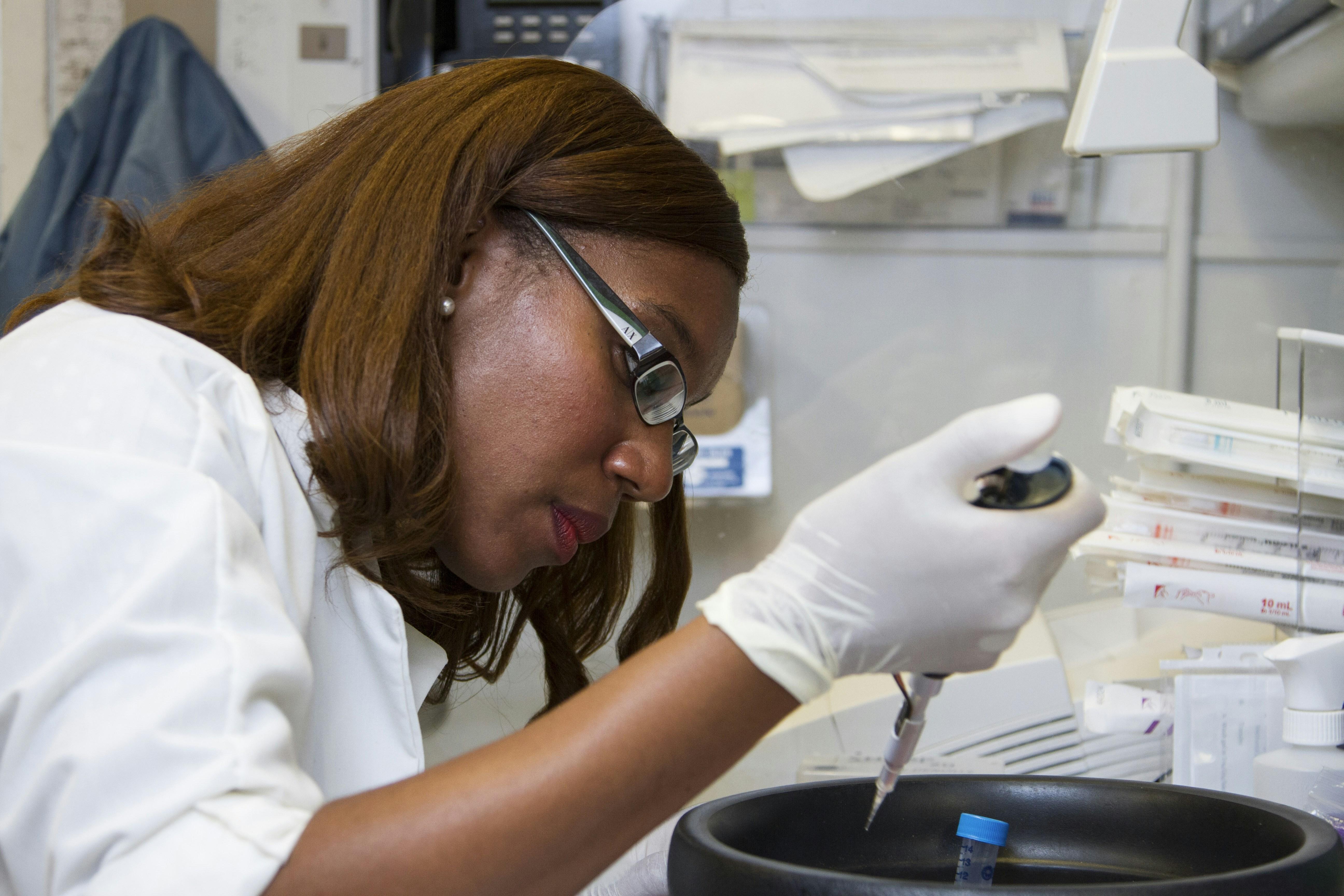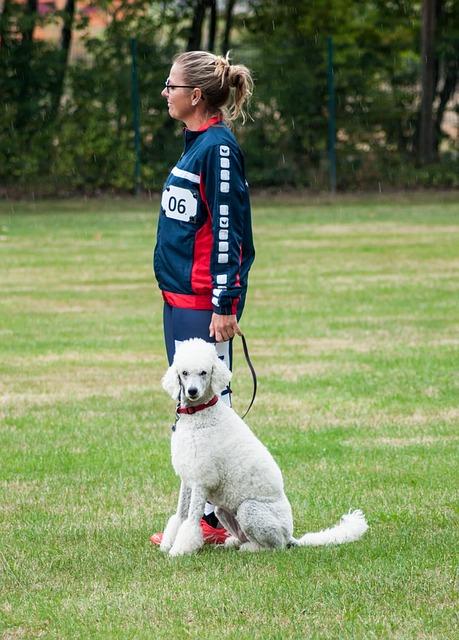In the labyrinth of scientific discovery, where the boundaries of knowledge are constantly pushed and redrawn, the role of animal testing in health research emerges as a deeply intricate and ethically charged subject. As we stand at the crossroads of innovation and morality, the use of animals in laboratories presents a paradox that challenges both our scientific ambitions and our ethical convictions. This article delves into the complex landscape of animal testing, exploring the delicate balance between the pursuit of medical advancements and the moral responsibility we bear towards our fellow creatures. By examining the ethical frameworks, scientific necessities, and emerging alternatives, we aim to illuminate the multifaceted dialogue surrounding this contentious practice, inviting readers to ponder the question: how do we reconcile the quest for human health with the rights and welfare of animals?
Balancing Scientific Progress with Compassionate Practices
In the pursuit of groundbreaking health advancements, the use of animals in research often stands at the intersection of progress and ethical contemplation. While the scientific community acknowledges the vital role animal testing has played in medical breakthroughs, it is crucial to integrate compassionate practices into research methodologies. A balance must be struck to ensure that scientific endeavors do not overshadow the welfare of living creatures. Implementing alternative methods, such as in vitro testing and computer modeling, can reduce the reliance on animals, reflecting a more humane approach to scientific exploration.
- Reduction: Strive to use fewer animals in experiments without compromising the quality of research.
- Refinement: Enhance procedures to minimize pain and distress experienced by animals.
- Replacement: Invest in developing and validating non-animal testing methods.
By embracing these principles, the scientific community can foster a culture where innovation is harmonized with ethical responsibility. This alignment not only honors the intrinsic value of all life forms but also propels research toward more sustainable and humane practices. Such a shift may inspire trust and transparency, ultimately reinforcing the public’s confidence in scientific research.

Unveiling the Ethical Dilemmas in Animal Experimentation
In the realm of health research, animal experimentation often stands at the crossroads of scientific advancement and ethical scrutiny. This practice, while pivotal for breakthroughs in medicine, raises profound ethical questions. Are the potential benefits to human health justifiable grounds for the suffering inflicted on animals? As society becomes increasingly aware of animal rights, the moral landscape of using animals in research is under more intense examination than ever before.
- Consent and Autonomy: Unlike human subjects, animals cannot provide consent, raising questions about their autonomy and rights.
- Alternatives to Animal Testing: The development of alternative methods, such as in vitro testing and computer modeling, challenges the necessity of animal experimentation.
- Speciesism: The ethical debate also touches on speciesism—the assumption of human superiority leading to the exploitation of animals. Is it ethical to prioritize human life over animal welfare?
These dilemmas highlight the need for a delicate balance between the pursuit of scientific knowledge and the responsibility to uphold ethical standards. As researchers strive to minimize harm, the dialogue surrounding animal testing continues to evolve, seeking solutions that respect both scientific goals and animal rights.
Exploring Alternatives: Reducing Animal Use in Research
In recent years, there has been a growing emphasis on exploring alternatives to animal testing, driven by both ethical concerns and scientific advancements. Researchers are increasingly turning to innovative methodologies that promise to reduce the reliance on animal subjects. In vitro methods, which involve studying cell cultures in a laboratory setting, offer a viable substitute, providing valuable insights into biological processes without the ethical dilemmas associated with animal use. Additionally, computer modeling and simulation techniques have advanced to the point where they can accurately predict biological responses, further minimizing the need for live animal testing.
Moreover, the development of organs-on-chips technology, which replicates human organ functions on microchips, is revolutionizing the way scientists conduct research. This cutting-edge technology not only reduces animal use but also enhances the relevance of findings to human health. Collaborative efforts between governments, research institutions, and ethical bodies are essential to promote these alternatives, ensuring that the future of health research is both humane and scientifically robust.

Towards a Framework of Ethical Responsibility in Health Studies
In the intricate web of health research, the use of animals remains a deeply complex and often contentious issue. Balancing scientific advancement with ethical responsibility is a critical challenge faced by researchers worldwide. The primary aim is to ensure that the pursuit of knowledge does not come at the expense of moral integrity. This involves rigorous ethical frameworks that prioritize humane treatment and the minimization of suffering.
- Reduction: Striving to minimize the number of animals used in experiments without compromising the quality of research.
- Refinement: Enhancing experimental techniques to alleviate or eliminate pain and distress for the animals involved.
- Replacement: Seeking alternative methods, such as in vitro testing or computer modeling, to substitute animal testing whenever feasible.
These principles, often referred to as the 3Rs, serve as the cornerstone of an ethical framework in health studies, fostering a culture of respect and responsibility. By embracing these guidelines, researchers not only advance scientific understanding but also uphold a commitment to ethical standards that respect the intrinsic value of all living beings.
In Retrospect
As we draw the curtains on our exploration of the ethics of animal testing in health research, we find ourselves at the crossroads of scientific advancement and moral responsibility. This complex tapestry, woven with threads of innovation, empathy, and ethical quandaries, invites us to ponder the balance between the undeniable benefits of medical progress and the intrinsic value of all living beings.
the conversation is far from over. It is a living dialogue, evolving with every new discovery, every technological breakthrough, and every compassionate insight. As we continue to traverse this ethical landscape, let us remain vigilant and open-hearted, ensuring that our quest for knowledge is always guided by a compass of integrity and humanity.
Let this be an invitation—a call to engage, question, and reflect. For in the interplay of diverse perspectives and shared wisdom, we may yet find a path that honors both the promise of science and the dignity of life.


































